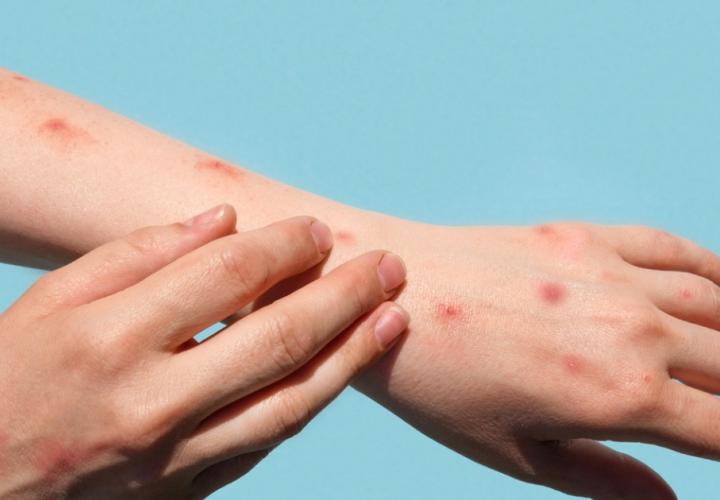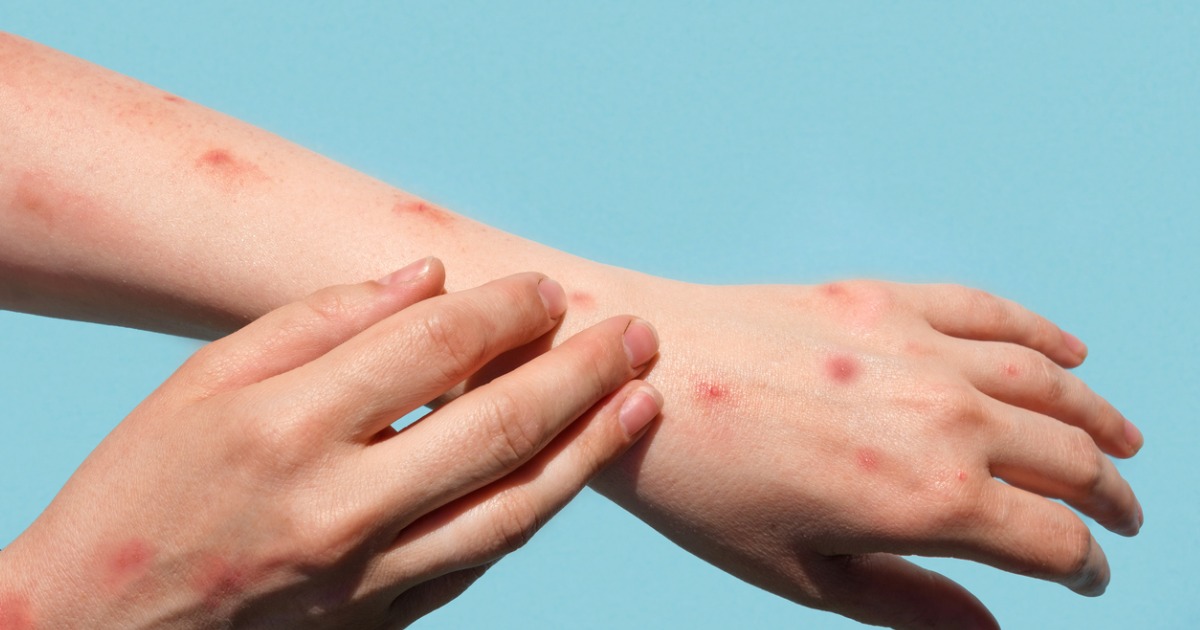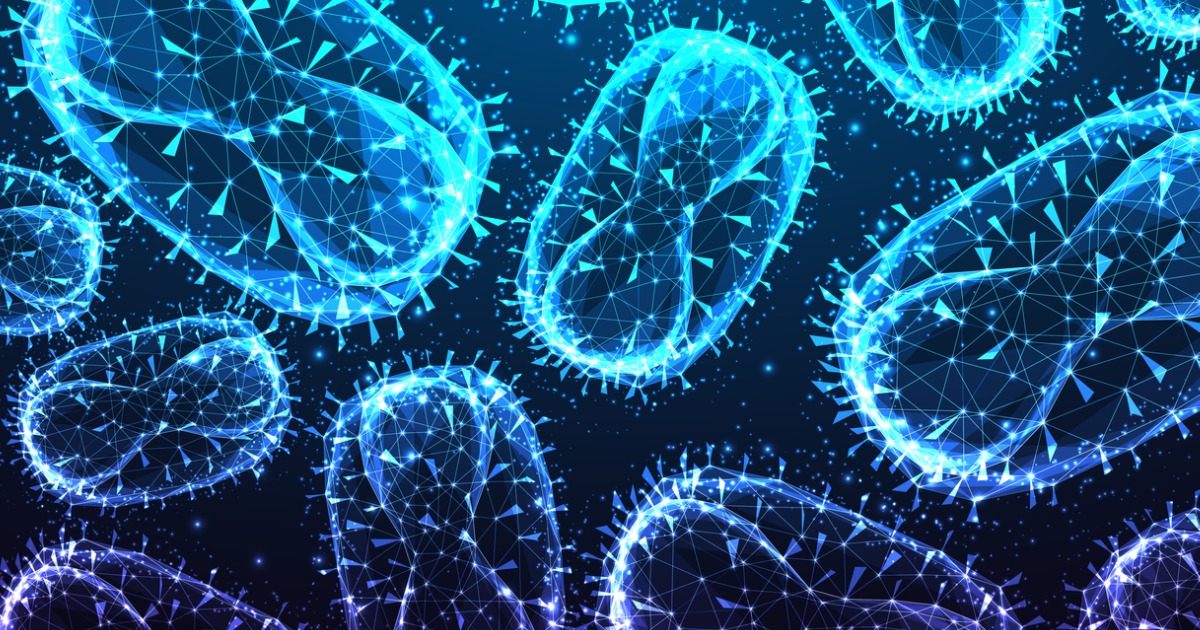Q: What is monkeypox, exactly?
A: Monkeypox is a virus in the smallpox family that started in Africa, but has made its way to other countries, including the U.S. and now the state of Connecticut. (Yes, smallpox went away completely decades ago thanks to vaccination and herd immunity—a major milestone in the world of disease!)
Even though monkeys can be infected with monkeypox, they are not the main culprits for spreading it! In the late 1950s, there was an outbreak of the virus in a lab that contained monkeys. Some time later, scientists discovered that certain rodents in parts of Africa carried the virus and can spread it to humans. It wasn’t until 1970 that the first human case of monkeypox was seen.
Since then, the only other significant outbreak in the U.S. was in 2003 in the Midwest. All 47 infected people had come into contact with pet prairie dogs that had been housed with rodents imported from Africa.
Q: What are the symptoms of monkeypox?
A: Here’s what to watch out for:
- Skin lesions that look like a fluid- or pus-filled bump or blister—this is often a telltale sign. These can be anywhere on the body, in any quantity, and they often itch or hurt. The rash may look like chickenpox, shingles, herpes simplex, or molluscum (a harmless viral infection). At first, it may look like a regular small pimple, but monkeypox progresses over several days to form a blister with a central pit or dimple.
- Fever and fatigue (just like the flu)—this may or may not happen, but if it does, it is likely to happen during a five- day period before the rash appears.
- Headaches and muscle aches—again, these typically occur in the five days before the rash appears, but they can be related to other infections, such as Covid-19 or the flu; if they persist, call the doctor.
- Swollen lymph nodes or glands—these are usually in the same area where the rash appears.
Bottom line: If you see a rash with any of the above symptoms, whether or not you suspect exposure to someone with monkeypox, give the doctor a call.
Q: How do you get monkeypox?
A: People get monkeypox through direct contact with someone who is infected or by sharing personal items that have been contaminated. Think: touching someone’s monkeypox lesions, or sleeping in bedding, wearing clothes or using towels contaminated with fluid from monkeypox blisters.
Intimate physical or sexual contact plays a major factor in the spread of monkeypox more than anything else at this point.
>Related: How to Talk to Teens About Dating Safely
Q: How worried should we be? Does this come close to COVID-19-level worry? Is the world going to shut down again?
A: Please don’t panic—this virus does not pose the same type of global threat as COVID-19 does because it doesn’t spread as easily and is much less likely to cause a deadly disease. Even if cases increase, here’s what works in our favor:
- Monkeypox is not as contagious as COVID-19, so it’s thought not to spread as quickly.
- Unlike COVID-19, monkeypox is not spread easily through respiratory droplets or aerosols; it requires direct contact with blister fluid.
- People with monkeypox aren’t contagious until symptoms appear, even though the incubation period is one to two weeks.


